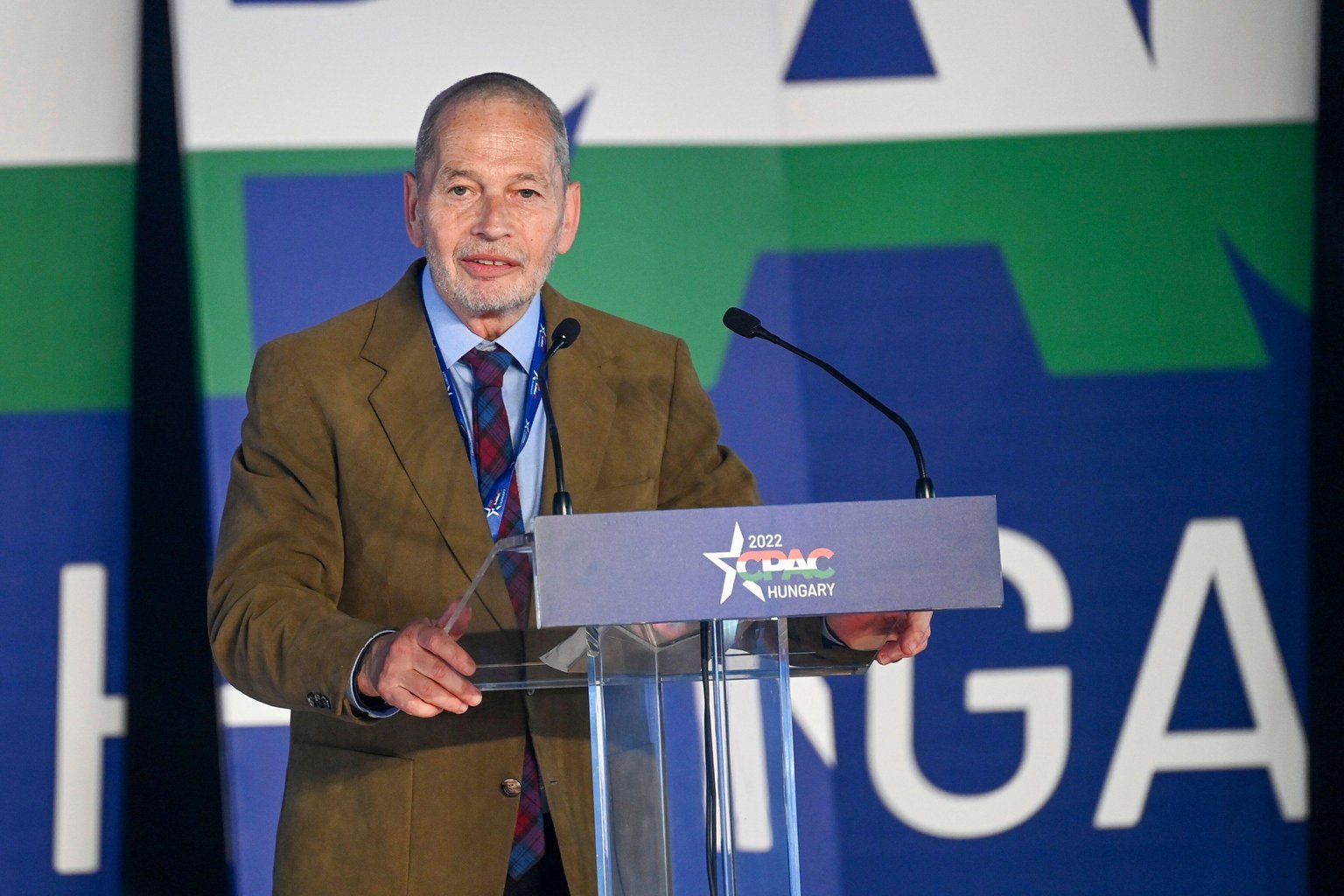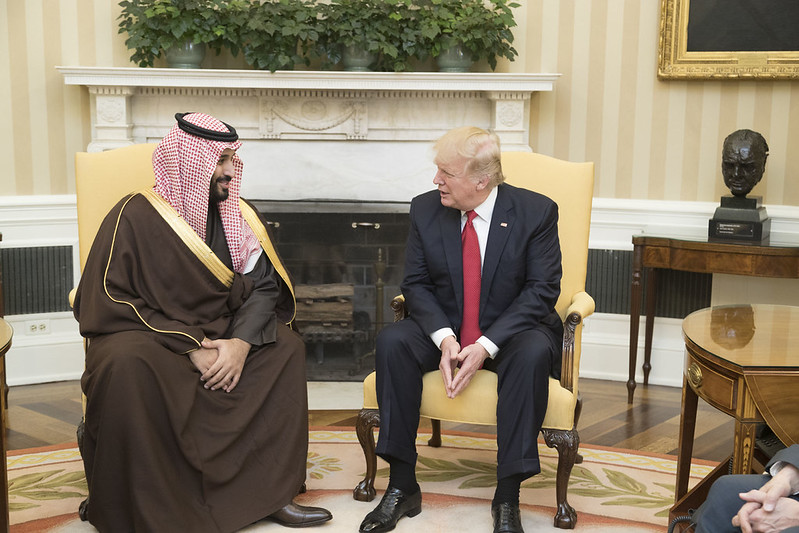It’s been 10 years since Russian investigative journalist Anna Politkovskaya was shot and killed. Writing in the latest Index on Censorship magazine, fellow Russian journalist Andrey Arkhangelsky reflects on her legacy and argues that the Russian press still faces a struggle to bring readers the full picture. An extract of his article is available below.
And, above, watch the video interview with Andrey Arkangelsky by Index’s assistant editor Ryan McChrystal about the challenges Russian journalists face today, and the impact of Politkovskaya’s killing on journalism.
On 7 October 2006, journalist Anna Politkovskaya was murdered in Moscow. Ten years on, the battle to publish investigative journalism in Russia is still being lost. When Polikovskaya died, there was speculation of government involvement, an international outcry and various posthumous awards for her investigative work. Yet in Russia there was no scandal, no mass protests. She was mostly deemed a “crazy loner”, one of a very rare breed of reporters who believed in press independence.
A decade later, we have a better understanding of Politkovskaya’s significance for Russian journalism. Like many of her generation, she was a product of the perestroika years of 1985-91, and remained faithful to its ideals in the years that followed, when a majority of her colleagues “tired of freedom”. In the 25 years after perestroika, neither freedom of speech nor other political freedoms have been much prized by the majority of citizens of this new Russia. In the 2000s, Politkovskaya’s stance was regarded as extreme. Who was there to fight against anyway? For what? The years of plenty were at their peak. Sooner or later economics would win and everything would sort itself out. Even liberals believed that.
It is important to understand the tradition to which Anna belonged. For her, being a journalist meant serving society, a tradition of self-sacrifice dating back to the 19th-century Russian intelligentsia. In the Soviet period this tradition was inherited by dissidents. In Russia, the line between journalism and social activism remains blurred, and not because Russian journalists are unprofessional, but because independence of the press has remained the ideal of rare characters such as Politkovskaya. There is no long-standing tradition of media independence. Each generation of journalists instinctively chooses between fusing completely with the state, which means producing propaganda and giving loyal support, or remaining steadfastly professional and inwardly dissident. Working as a journalist in Russia is not so much pursuing a profession as living an ethical, existential choice.
To read this article in full you can order your full-colour print copy of our Autumn issue here, or take out a digital subscription from anywhere in the world via Exact Editions (just £18* for the year). Each magazine sale helps Index on Censorship fight for free expression worldwide.
*Will be charged at local exchange rate outside the UK.
Copies of the magazine are on sale at the BFI, the Serpentine Gallery, MagCulture, (London), News from Nowhere (Liverpool), Home (Manchester), Calton Books (Glasgow) and on Amazon. Each magazine sale helps Index on Censorship continue its fight for free expression worldwide.












